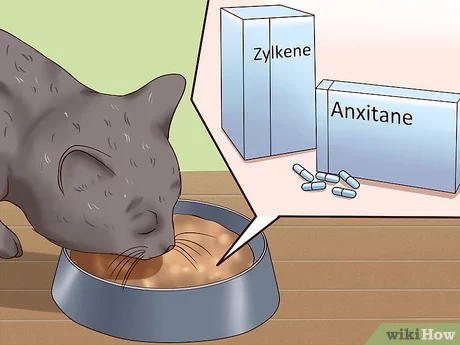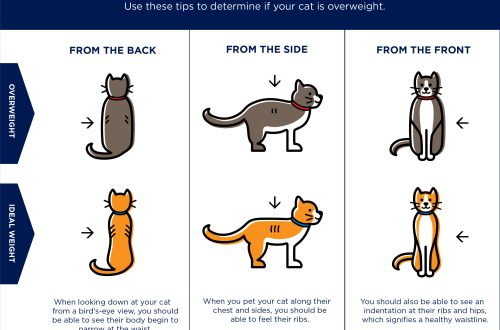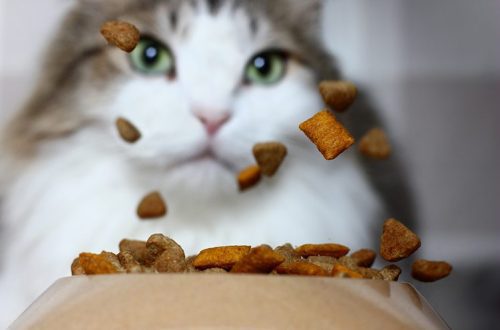
What sedatives can be given to cats
Many factors can cause stress in cats, and the owner must always be fully prepared to quickly correct the situation. When you may need a sedative for cats – in this article.
Contents
Causes of stress in cats
Cats are special creatures, extremely vulnerable and sensitive. They feel and subtly perceive any manifestation of disrespect or aggression from the owner, so it is important to control their own emotions. But if, nevertheless, the situation is out of control, a sedative for cats will come to the rescue.
Another reason for cat aggression is a change in habitat. For cats, this is almost always a huge stress. Even the first walk on the street for a domestic cat accustomed to living in an apartment is a serious test. A visit to the veterinarian, a trip to the country or a flight to another country greatly undermine the calm state of the animal and sometimes cause panic fear.
During the period of exacerbation of the search for a partner for mating, in his absence, cats begin to suffer and suffer – this is how the hormonal surge affects the emotional state of the animal.
Harsh sounds and extraneous noise can affect the pet’s psyche. A running vacuum cleaner, a hair dryer, or loud music are all stressful for a gentle cat.
stress symptoms
To understand if a cat is coping with stress or needs help, look for the following symptoms:
Refusal to eat. Lethargy and apathy are the first signs that something is wrong with the cat.
Anxiety. The cat rushes around the house and can not calm down.
Long, monotonous licking of wool. This is also a signal that the cat cannot recover.
Failure of the digestive and urinary systems. Diarrhea and involuntary urination are signs of a stress response.
Aggressive behavior. If suddenly the pet begins to go to the toilet in the wrong places, constantly meow or even rush at the owner, it is better to use a sedative for cats.
stress symptoms
To understand if a cat is coping with stress or needs help, look for the following symptoms:
Refusal to eat. Lethargy and apathy are the first signs that something is wrong with the cat.
Anxiety. The cat rushes around the house and can not calm down.
Long, monotonous licking of wool. This is also a signal that the cat cannot recover.
Failure of the digestive and urinary systems. Diarrhea and involuntary urination are signs of a stress response.
Aggressive behavior. If suddenly the pet begins to go to the toilet in the wrong places, constantly meow or even rush at the owner, it is better to use a sedative for cats.
What are the types of sedatives
Means for fluffy pets differ primarily in composition:
Based on chemical elements – antidepressants, tranquilizers, etc.
Based on natural ingredients – extracts of medicinal plants, vitamin complexes, etc.
Folk sedatives – decoctions and tinctures of herbs.
Others differ in purpose:
with aggressive behavior;
when heavy;
before shipping.
Sedatives come in the form of tablets, drops, injections, sprays, collars, and diffusers.
What sedatives should not be used
It is important to remember that valerian is not a sedative for cats, it is a drug. “Funny” games with a cat that has drunk valerian are actually harmful to her health. The popular catnip is harmless but ineffective. It is best to seek the advice of a veterinarian. Only he can recommend pills, drops, solutions for various stressful situations. Cats can also be allergic, so the professional approach of a veterinarian is important in each individual case of using a sedative for cats.





